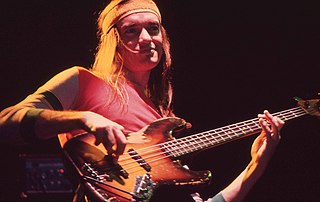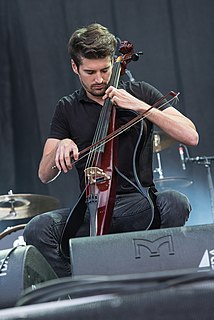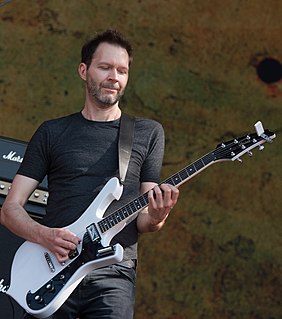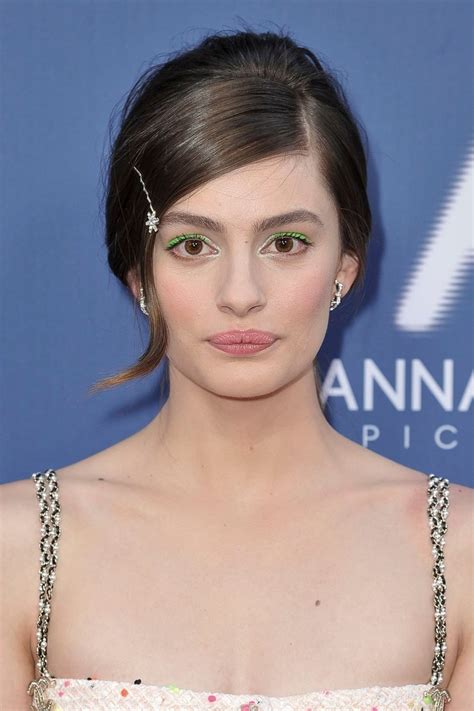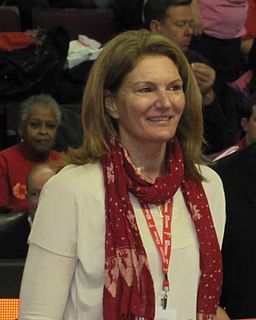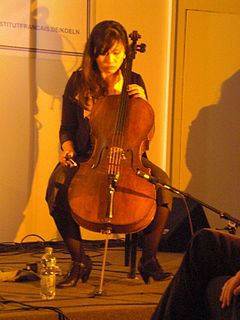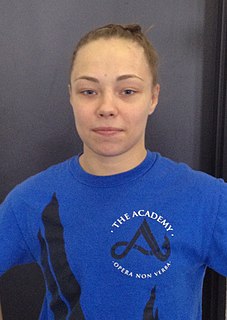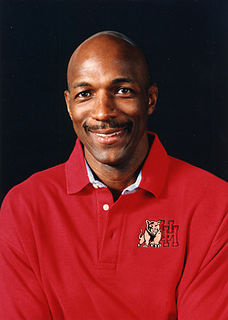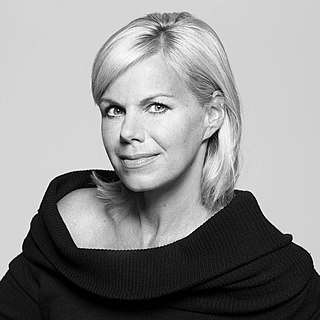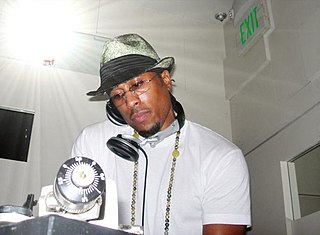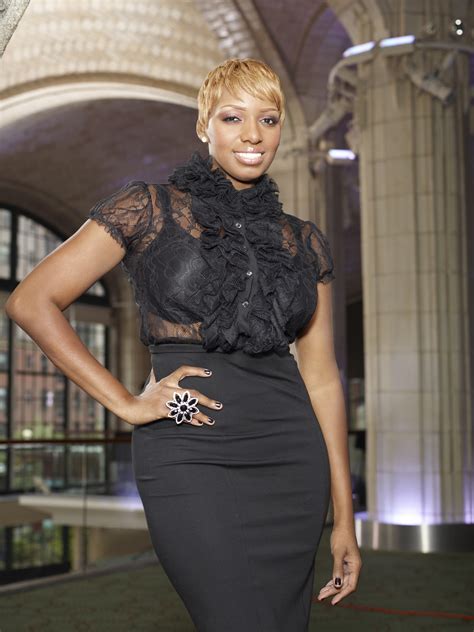A Quote by Jaco Pastorius
I play in tune like a cello player and use legitimate vibrato. There are no tricks; it's just all in the hands!
Related Quotes
When it comes to vibrato, a lot of people look at their hands when they do it. Which is pretty much of no use. Because vibrato is one of those things you have to hear. There are some guitar things where the visual is really useful, like seeing chord shapes or scale patterns. But vibrato isn't one of those things.
I have a few tricks and dribbles which I use a lot and when I am playing well, it is natural that they become easier. But the tricks I use are the ones that will hopefully benefit the team. What I do as an individual player is only important if it helps the team to win. That is the most important thing.
We were just amazed we were putting out a record. We were, and are, still learning. But we've never cared much for professionalism as long as the energy was there. Like our live shows: We're out of tune and use a lot of feedback. That's not on purpose or because we don't care, we're just musically and rhythmically retarded and we play so hard that we can't tune our guitars fast enough.
We knew we wanted to have our own tone for the show. And then the big instrument that actually we came up with was the cello. It has a big range. It can play really low. It can play high. And it has a dark sound, and 'Game Of Thrones' is obviously - it's a dark show, and the cello became the featured instrument.
